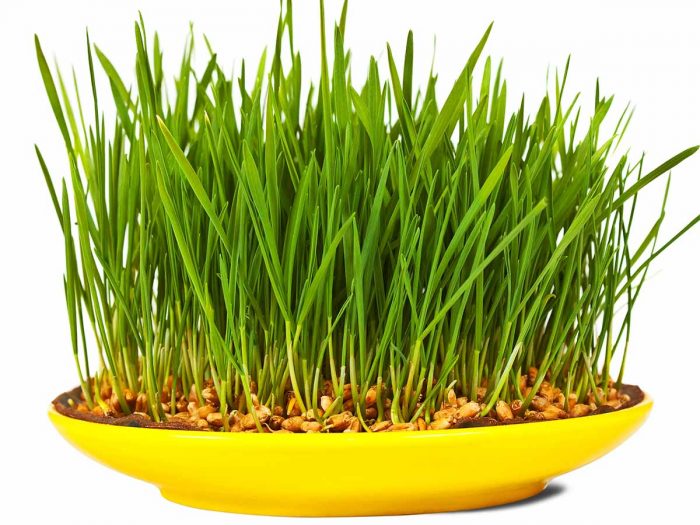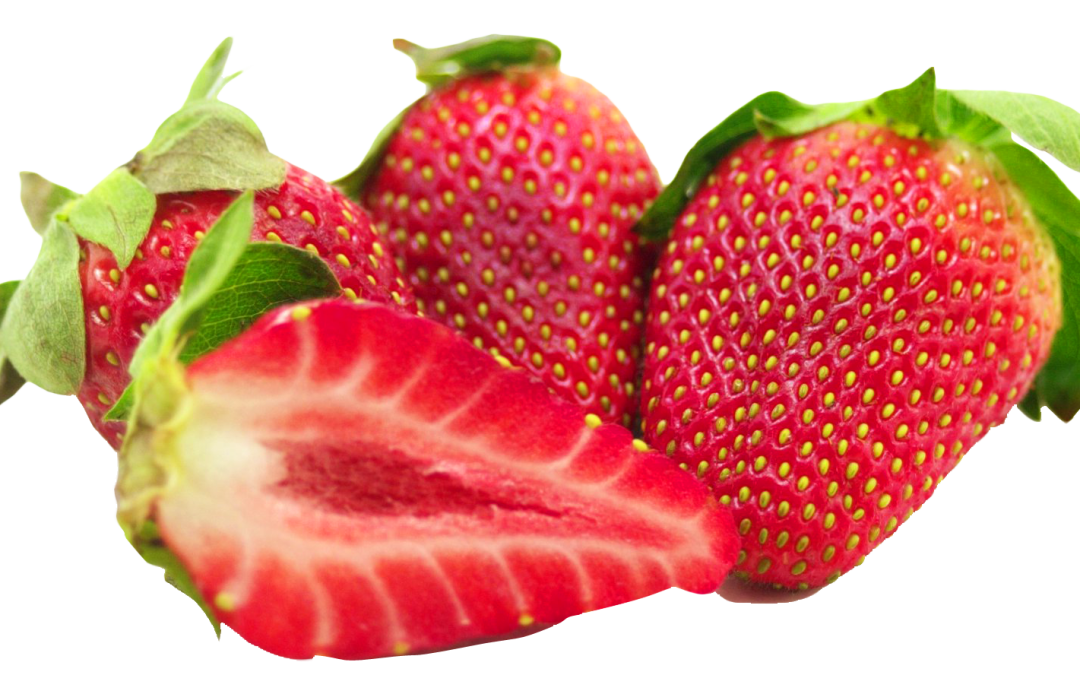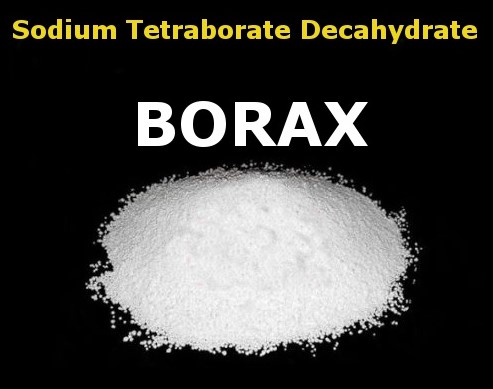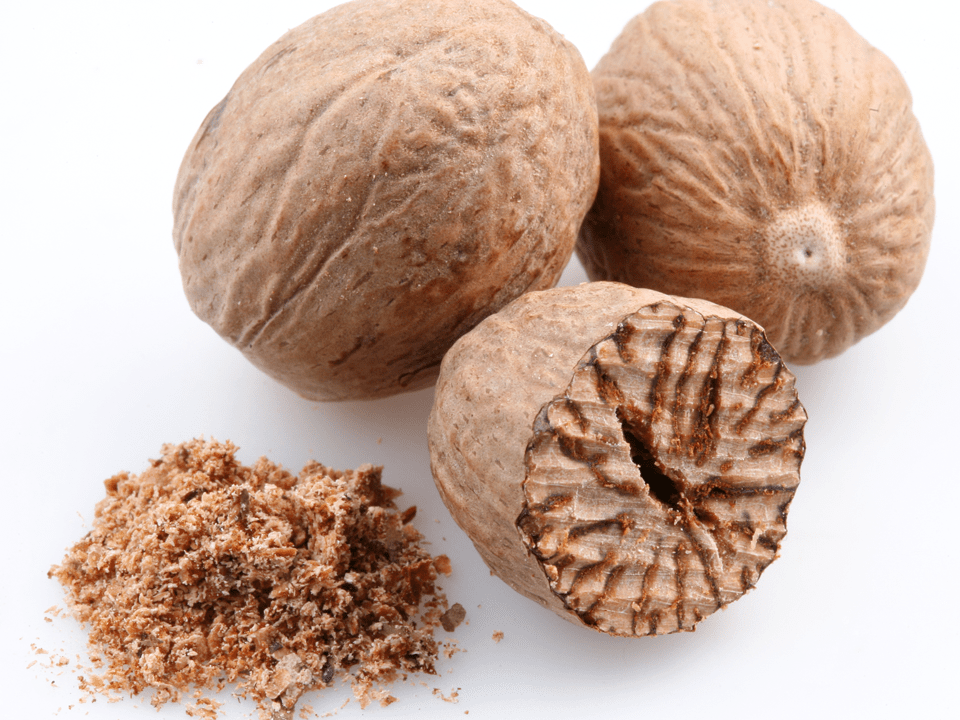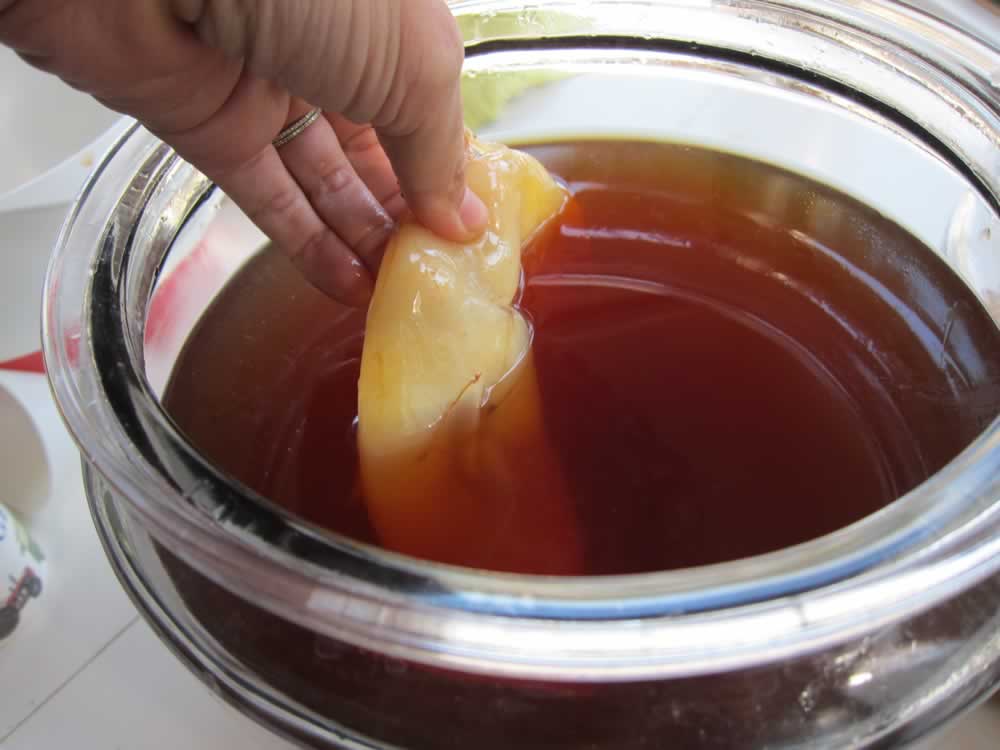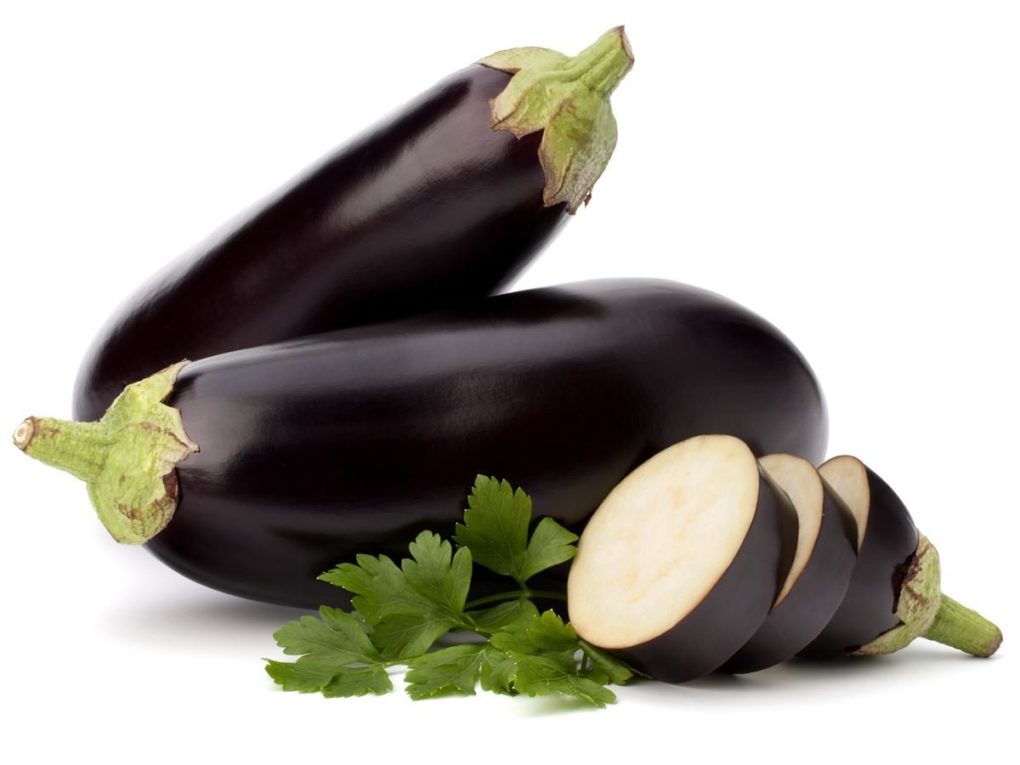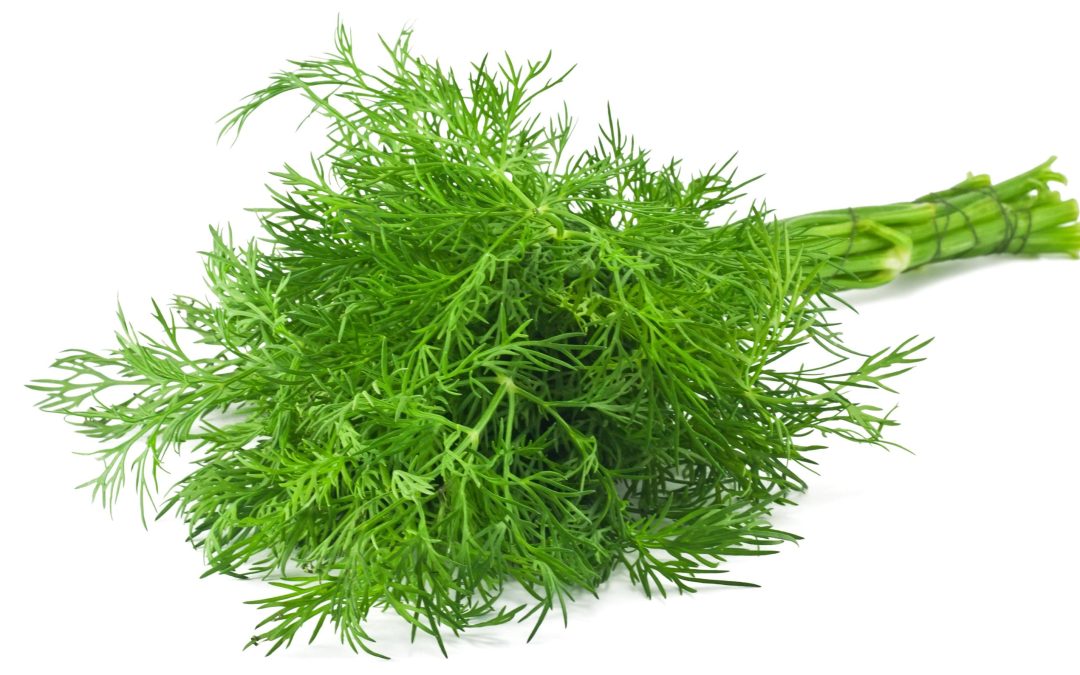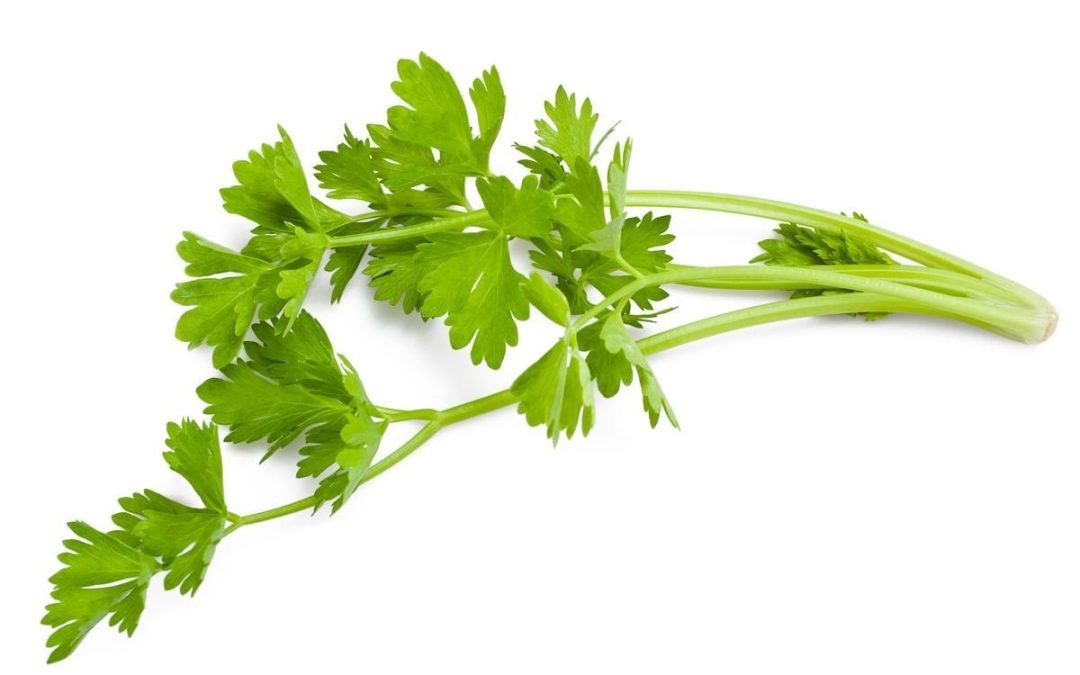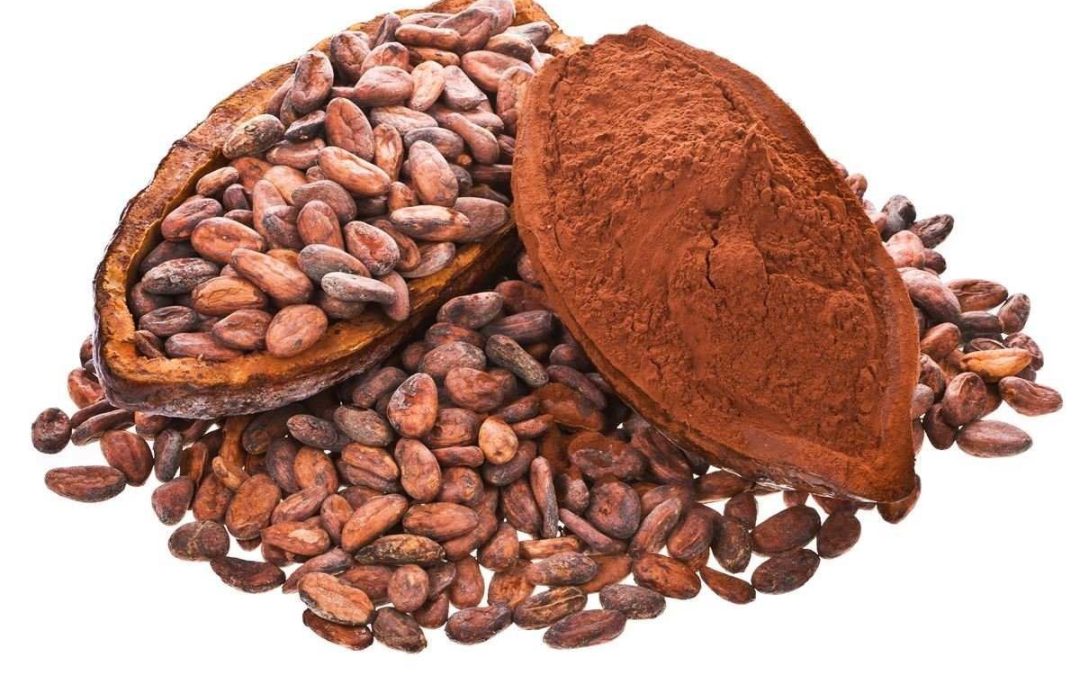Persea americana
The avocado is a rather unique type of fruit. Most fruit consists primarily of carbohydrate, while avocado is high in healthy fats. Numerous studies show that it has powerful beneficial effects on health.
- The avocado mesocarp or pulp contains up to 40% lipids (oils) composed of 80% of unsaturated fatty acids such as oleic, linoleic, linolenic, palmitic, stearic, capric, myristic. Compounds 11% unsaponifiables rich in sterols such as beta-sitosterol, estimasterol, campestrol, delta5-avenasterol and vitamin E.
- Also are amino acids such as lysine, valine and leucine and considerable amounts of GABA (gamma amino butyric acid); abundant carbohydrates, carotenoids, vitamins (B1, B12, B6, C) and minerals salts (phosphorus and iron).
- The seed of the avocado contains abundant unsaturated fatty acids and vitamin E. The avocado tree leaves contain various essential oils like estragole (reported with some toxicity), alpha and beta pinene, cineol, transanetol, camphor, limonene. Contains dopamine and serotonin, both neurotransmitters with the body’s vital functions. Flavonoids, perseita, persiteol and abacatina: a bitter principle.
- The mature fruit is edible, the oil, as well as the obtained in the avocado seed crushed is used in cosmetics for its emollient properties. The unsaponifiable fraction has a connective tissue regenerative effect. Useful in dry skin, skin aging, ichthyosis, psoriasis, dry eczemas, kraurosis by dryness or vulvar-vaginal mucosa dystrophy. Also used in paradontopathy, rheumatoid arthritis, diffuse scleroderma.
- The avocado tree leaves are used as anti-inflammatory, antidiarrheal, astringent (healing), antiseptic and vermifuge. The rind of the fruit (pericarp), as antidiarrheal.
- The pulp of the avocado has the property of hasten suppuration in wounds infected when it is applied directly to the affected part. It is known as an aphrodisiac and emmenagogue (accentuates menstruation).
- The brew of the fruit rind or pericarp is used to expel intestinal parasites.
- Avocado seeds ground and mixed with cheese and wheat flour are used as rat poison. The powdered seed applied directly on the skin serves as rubefacient.
- A brew of the leaves, shoots and peel have been used as expectorant, stomachic (which tones the stomach), emmenagogue, resolvent (dissipates tumors).
- According to Cowley: The avocado pulp contains large amounts of easily extractable oil, just put it to the action of the sun for a while and you get a greenish yellow oil containing chlorophyll, alurina, gums and sugars uncrystallizable. Avocado seed contains starch and gallic acid. The leaves and shoots are rich in tannins and are used in some enteritis.
- According to Grosourdy: Avocado oil is good for hair strength and shine, assists in reduing hair loss and helps with hair growth (because of these properties can be found on the market cosmetic products such as shampoo of avocado).
- It is also reported as cholagogue in obstruction of the liver and kidneys. The leaves and small tree avocado branches introduced in boiling water can be useful to combat uric acid and prevent gout.
- There is a report in the Hacienda Magazine in 1944 that refers to leaves as poisonous to livestock as well as the fruit, leaves and bark to the sheep, goats and rabbits. In sheep stops the flow of milk and the excessive ingestion causes animal’s death.
- A brew of the leaves of the avocado tree has an abortion-inducing effect and is useful to relieve cough.
- According to Farnsworth: Avocado consumption as food or medicine may decrease the effect of warfarin-type anticoagulants.
REMEMBER to always consult your doctor before combining natural products with any other treatment.
Precautions: Is recommended to take with caution the dosage forms based on the leaves, due to the content of estragole that has some degree of toxicity.
Here are 12 health benefits of avocado, that are supported by scientific research.
1. Avocado is Incredibly Nutritious
What we refer to as “avocado” is the fruit of the avocado tree, called Persea americana (1). This fruit is prized for its high nutrient value and is added to all sorts of dishes due to its good flavour and rich texture. It is the main ingredient in guacamole. These days, the avocado has become an incredibly popular food among health conscious individuals. It is often referred to as a superfood… which is not surprising given its health properties (2).
There are many kinds of avocados, and the shape (from pear-shaped to round) and color (from green to black) can vary between them. They can also weigh anywhere from 8 ounces (220 grams) to 3 pounds (1.4 kg). The most popular type is called Hass avocado.
Avocados are very nutritious and contain a wide variety of nutrients, including 20 different vitamins and minerals. Here are some of the most abundant nutrients, in a single 3.5 ounce (100 gram) serving (3):
- Vitamin K: 26% of the RDA.
- Folate: 20% of the RDA.
- Vitamin C: 17% of the RDA.
- Potassium: 14% of the RDA.
- Vitamin B5: 14% of the RDA.
- Vitamin B6: 13% of the RDA.
- Vitamin E: 10% of the RDA.
Then it contains small amounts of Magnesium, Manganese, Copper, Iron, Zinc, Phosphorous, Vitamin A, B1 (Thiamine), B2 (Riboflavin) and B3 (Niacin). This is coming with 160 calories, 2 grams of protein and 15 grams of healthy fats. Although it contains 9 grams of carbs, 7 of those are fiber so there are only 2 “net” carbs, making this a low-carb friendly plant food. Avocados do not contain any cholesterol or sodium, and are low in saturated fat.
2. They Contain More Potassium Than Banana
Potassium is a nutrient that most people aren’t getting enough of (4). This nutrient helps maintain electrical gradients in the body’s cells and serves various important functions. Avocados are actually very high in potassium… with a 100 gram (3.5 ounce) serving containing 14% of the RDA, compared to 10% in bananas, which are a typical high potassium food (5). Several studies show that having a high potassium intake is linked to reduced blood pressure, a major risk factor for heart attacks, strokes and kidney failure (6). Potassium is an important mineral that most people don’t get enough of. Avocados are very high in potassium, which should support healthy blood pressure levels.
3. Avocado is Loaded with Heart-Healthy Monounsaturated Fatty Acids
Again, avocado is a high fat food. In fact, 77% of the calories in it are from fat, making it one of the fattiest plant foods in existence. But they don’t just contain any fat… the majority of the fat in avocado is oleic acid. This is a monounsaturated fatty acid that is also the major component in olive oil and believed to be responsible for some of its beneficial effects. Oleic acid has been linked to reduced inflammation and been shown to have beneficial effects on genes linked to cancer (7, 8, 9, 10). The fats in avocado are also pretty resistant to heat-induced oxidation, making avocado oil a healthy and safe choice for cooking.
4. Avocados Are Loaded With Fibre
Fibre is another nutrient found in relatively large amounts in avocado. Fibre is indigestible plant matter that can contribute to weight loss, reduce blood sugar spikes and is strongly linked to a lower risk of many diseases (11, 12, 13). A distinction is often made between soluble and insoluble fibre. Soluble fiber is known to be able to feed the friendly gut bacteria in the intestine, which are very important for the optimal function of our bodies (14). A 100 gram (3.5 ounce) serving of avocado contains 7 grams of fiber, which is 27% of the recommended daily amount. About 25% of the fiber in avocado is soluble, while 75% is insoluble (15).
5. Eating Avocados Can Lower Cholesterol and Triglyceride Levels
Heart disease is the most common cause of death in the world (16). It is known that several blood markers are linked to an increased risk. This includes cholesterol, triglycerides, inflammatory markers, blood pressure and various others. The effects of avocado on some of these risk factors has been studied in 8 human controlled trials. These are studies where people are split into groups… one group is instructed to eat avocados, while the other is not. Then researchers see what happens to their blood markers over time.
These studies have shown that avocados can (17, 18, 19, 20, 21, 22, 23):
- Reduce total cholesterol levels significantly.
- Reduce blood triglycerides by up to 20%.
- Lower LDL cholesterol by up to 22%.
- Increase HDL (the “good”) cholesterol by up to 11%.
One of the studies showed that including avocado in a low-fat vegetarian diet led to improvements in the cholesterol profile (24). Unfortunately, all of the human studies were small (13-37 subjects) and short-term (1-4 weeks), but the results were impressive nonetheless.
6. People Who Eat Avocados Tend to be Healthier
One study looked at the dietary habits and health of people who eat avocados. They analyzed data from 17,567 participants in the NHANES survey in the U.S. Avocado consumers were found to be much healthier than people who didn’t eat avocados. They had a much higher nutrient intake and were half as likely to have metabolic syndrome, a cluster of symptoms that are a major risk factor for heart disease and diabetes (25). People who ate avocados regularly also weighed less, had a lower BMI and significantly less belly fat. They also had more HDL (the “good”) cholesterol.
7. The Fat in Them Can Help You Absorb Nutrients From Plant Foods
When it comes to nutrients, the total amount of them is not the only thing that matters. We also need to be able to absorb them… move them from the digestive tract and into the body, where they can be used. Some nutrients are “fat soluble,” meaning that they need to be combined with fat in order to be utilized. This includes vitamins A, D, E and K… along with antioxidants like carotenoids. One study showed that adding avocado or avocado oil to either salad or salsa can increase antioxidant absorption by 2.6 to 15-fold (26). So… not only is avocado highly nutritious, it can dramatically increase the nutrient value of other plant foods that you are eating. This is an excellent reason to always include a healthy fat source when you eat veggies. Without it, a lot of the beneficial plant nutrients will go to waste.
8. Avocados Are Loaded with Powerful Antioxidants That Can Protect The Eyes
Not only do avocados increase antioxidant absorption from other foods, they are also high in antioxidants themselves. This includes nutrients called Lutein and Zeaxanthin, which are incredibly important for eye health (27, 28). Studies show that these nutrients are linked to a drastically reduced risk of cataracts and macular degeneration, which are common in the elderly (29, 30). Therefore, eating avocados should have benefits for eye health over the long term.
9. Avocado May Help Prevent Cancer
There is limited evidence that avocado may be beneficial in preventing cancer. One study showed that it may help reduce side effects of chemotherapy in human lymphocytes (31). Avocado extract has also been shown to inhibit the growth of prostate cancer cells (32). However, keep in mind that these studies were done in isolated cells and don’t really prove anything about what happens in a living, breathing human.
10. Avocado Extract May Help Relieve Symptoms of Arthritis
Arthritis is a common problem in Western countries. There are many types of arthritis, and these are often chronic problems that people have for the rest of their lives. Multiple studies have shown that extracts from avocado, called Avocado unsaponifiables, can reduce symptoms of arthritis of the bones, called osteoarthritis (33, 34). Whether avocados themselves can have this effect, and not just the extract, remains to be seen.
11. Eating Avocado May Help You Lose Weight
There is some evidence that avocados are a weight loss friendly food. In one study, people were split into groups. One group was instructed to eat a meal that contained avocado, the other a similar meal without avocado. Then they were asked a series of questions related to hunger and satiety. The people eating the avocado felt 23% more satisfied and had a 28% lower desire to eat over the next 5 hours (35). If this holds true in the long-term, then including avocados in your diet could help you naturally eat fewer calories and have an easier time sticking to a healthy diet. Avocados are also high in fibre, and very low in carbs, two attributes that should also help promote weight loss, at least in the context of a healthy, real food based diet.
12. Avocado is Delicious and Easy to Incorporate in The Diet
Not only are avocados healthy, they’re also incredibly delicious and go with all sorts of foods. You can add them to salads and various sorts of recipes, or you can simply scoop them out with a spoon and eat them plain. They have a creamy, rich, fatty texture and blend well with various other ingredients. A notable mention is guacamole, which is arguably the most famous use of avocados. It includes avocado along with ingredients like salt, garlic, lime and a few others depending on the recipe.
An avocado often takes some time to ripen and it should feel slightly soft when ripe. The nutrients in avocado can oxidize soon after fleshing it, but if you add lemon juice then that shouldn’t happen as quickly.
At the end of the day, avocados are a wonderful food. They’re loaded with nutrients, many of which are lacking in the modern diet. They are weight loss friendly, heart healthy and… last but not least, taste incredible. What more could you ask for in a food?
Article Source: AuthorityNutrition.com




